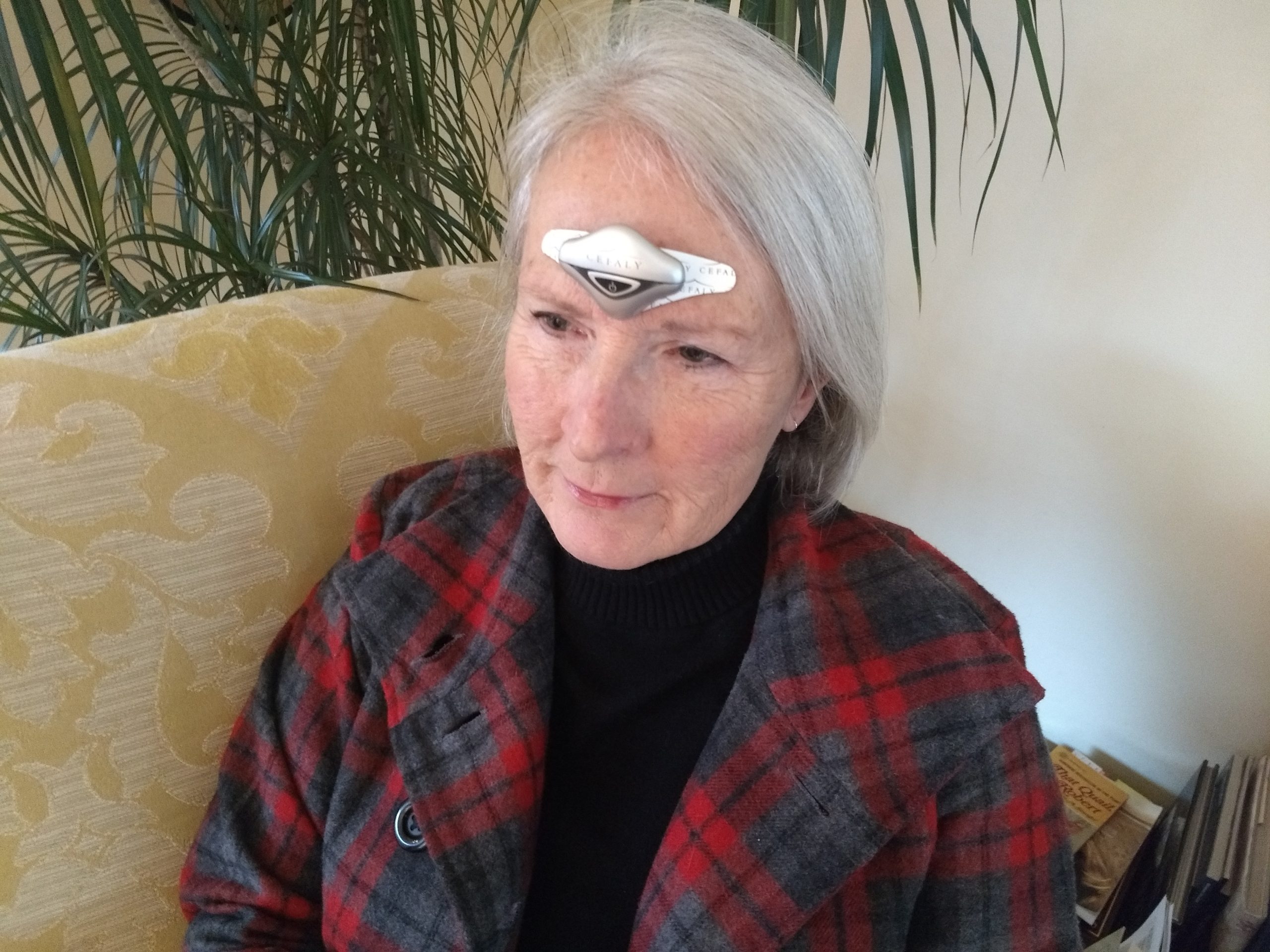Did you hear about the woman whose employer of 20+ years fired her for taking medication for her migraine headaches?
A drug screening revealed the presence of opioids in her system (from prescribed Dilaudid injections). Even though the woman’s doctor had already explained her medical condition, and had told the employer that she was not impaired and could carry out her job duties, she lost her job.
There’s a happy ending to this story: A court found the employer had failed to reasonably accommodate the woman’s disability (migraine), and awarded her $1.8 million in damages. But there are many people out there who experience discrimination or even termination at their jobs due to migraine — without ever getting any satisfaction in court. If you’re facing a situation like this one, what can you do?
First, you should consult an attorney if you think your employer is violating the Americans with Disabilities Act (ADA) or another law. This post is no substitute for legal advice. But “in general, employees have a protected right to use prescribed controlled substances and come to work unless such use creates an undue risk of harm or safety issue,” according to the Society for Human Resource Management. This means that if your employer is giving you a hard time for taking medications prescribed for migraine, and you otherwise meet the conditions of the ADA, then you may be able to push back.
Learn more about migraine discrimination in the workplace
Professions that Restrict Migraine Medication
In some jobs, having migraine and using migraine medication can be considered a barrier to effective job performance. Examples include:
- Airline Pilot: The Federal Aviation Administration requires a physician’s assessment for any person with migraine to determine if they can meet certification requirements. In order to be certified, a pilot must have only mild symptoms, controlled with certain medications. Approved preventive medications are limited to calcium channel blockers or beta blockers; abortive medications are limited to over-the-counter painkillers. Using triptans, metoclopramide, or promethazine all require no-fly periods of varying length.
- Military Service Member: Migraine headaches may disqualify someone from enlisting, if they are severe or frequent enough to interfere with normal functioning, and/or require prescription medication.
- Truck Driver/Commercial Driver: The Department of Transportation doesn’t specifically say that people with migraine can’t get their CDL and be certified to drive. Its Medical Examiner Handbook, however, flags migraine as a condition that may interfere with someone’s ability to drive safely. Examiners are instructed to consider headache frequency and severity, as well as symptoms that can affect driving (such as visual disturbances), and the treatment used to relieve headaches: “Do the effects or side effects of treatment interfere with safe driving?”
So what can you do if your employer places restrictions on how you treat migraine? For some people, CEFALY may be the answer.
CEFALY is the first FDA-cleared medical technology of its kind for the treatment of migraine headaches. A non-invasive device placed on the forehead, CEFALY DUAL uses two programs (ACUTE and PREVENT) to stimulate and desensitize the Trigeminal nerve, which research identifies as a key pathway for migraine pain.
CEFALY DUAL is a drug-free migraine treatment that has minimal side effects. Its ACUTE program is used to relieve migraine pain, while its PREVENT program is clinically proven to reduce migraine frequency and severity with compliant daily use. Many people have found that CEFALY allows them to reduce or even cease the use of certain migraine medications.
Get Drug-Free Migraine Relief With CEFALY
Shop Now
90-day money back guarantee
FDA-cleared
financing available














